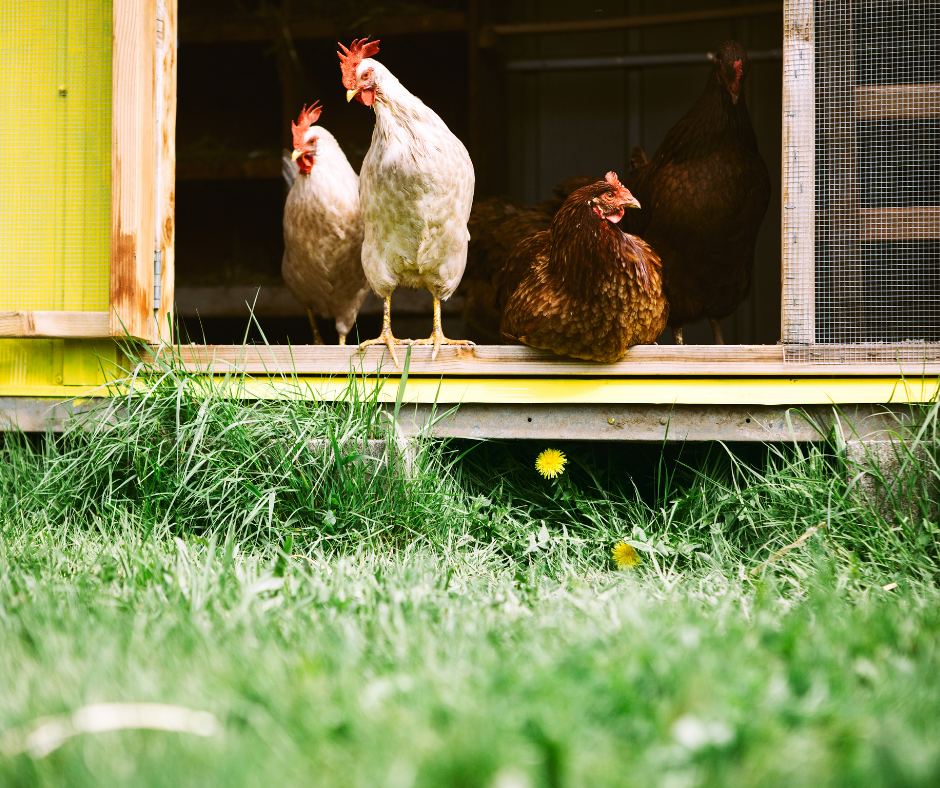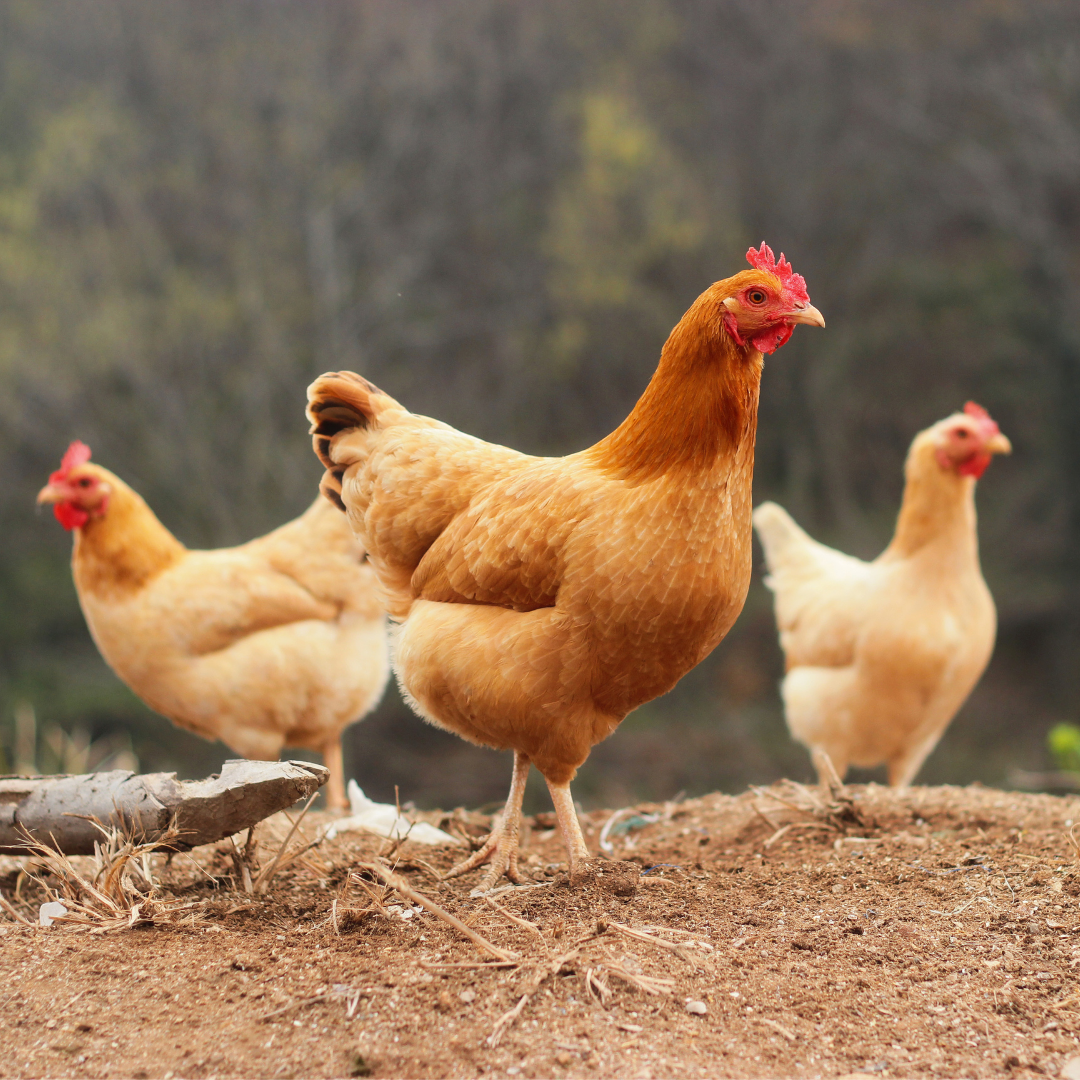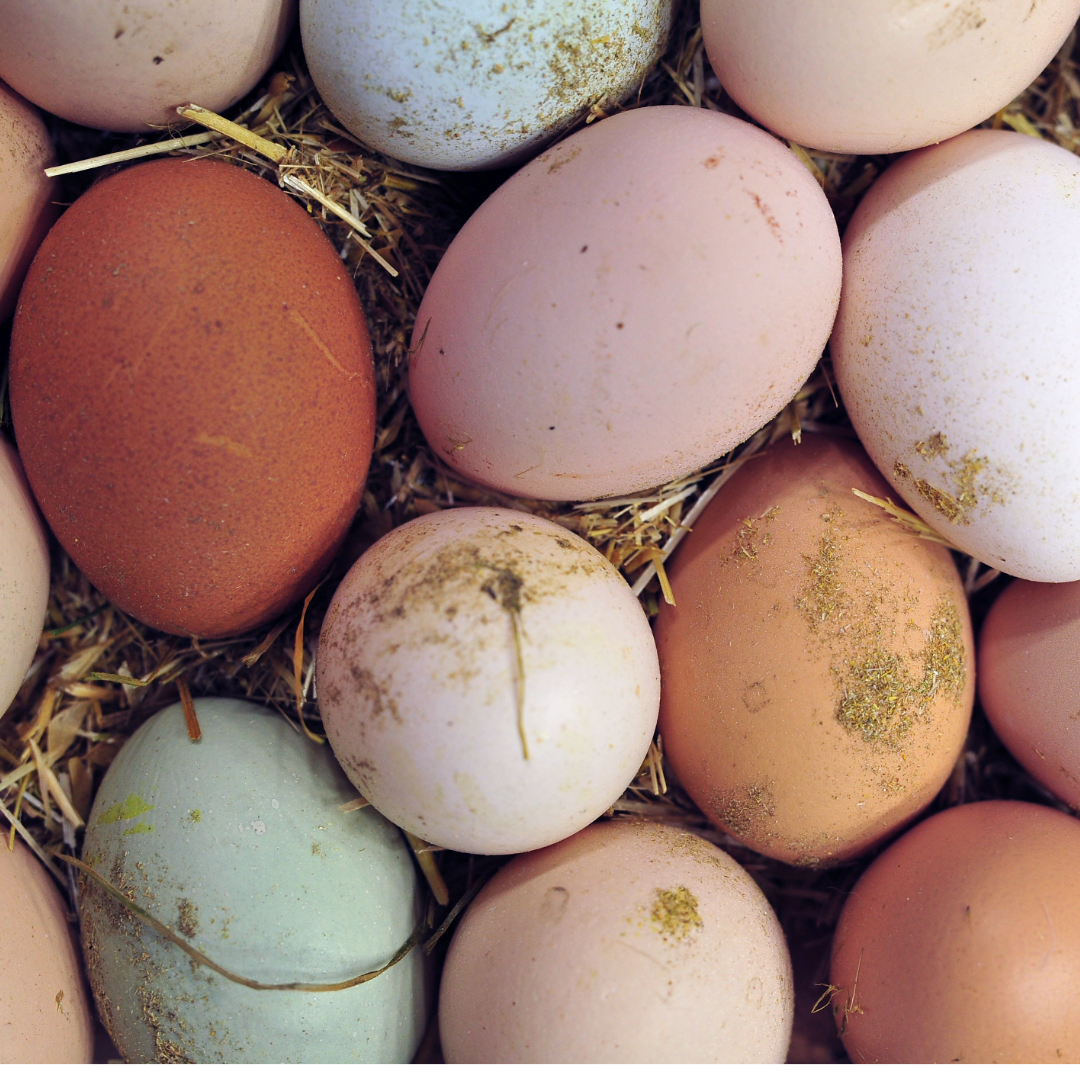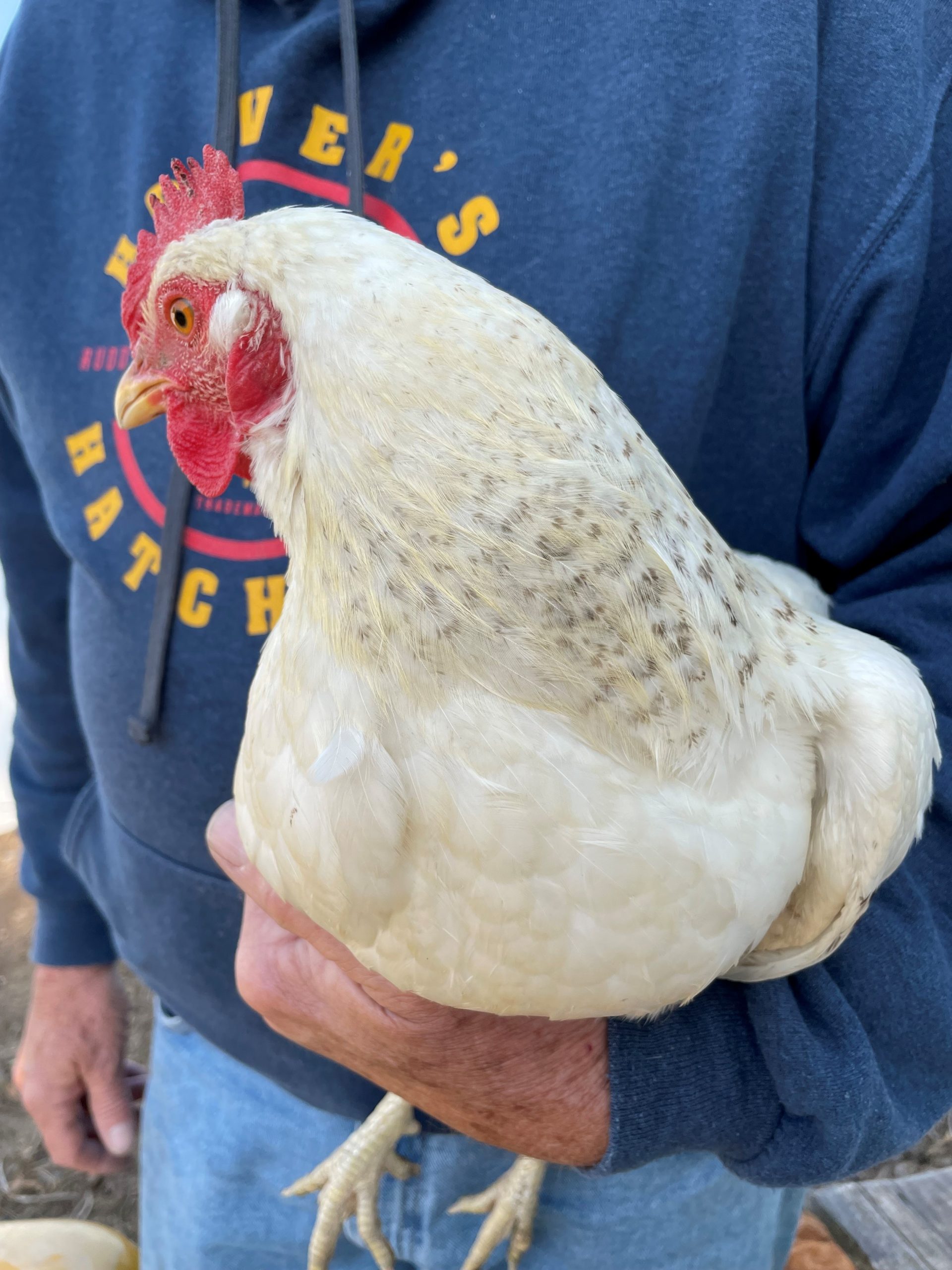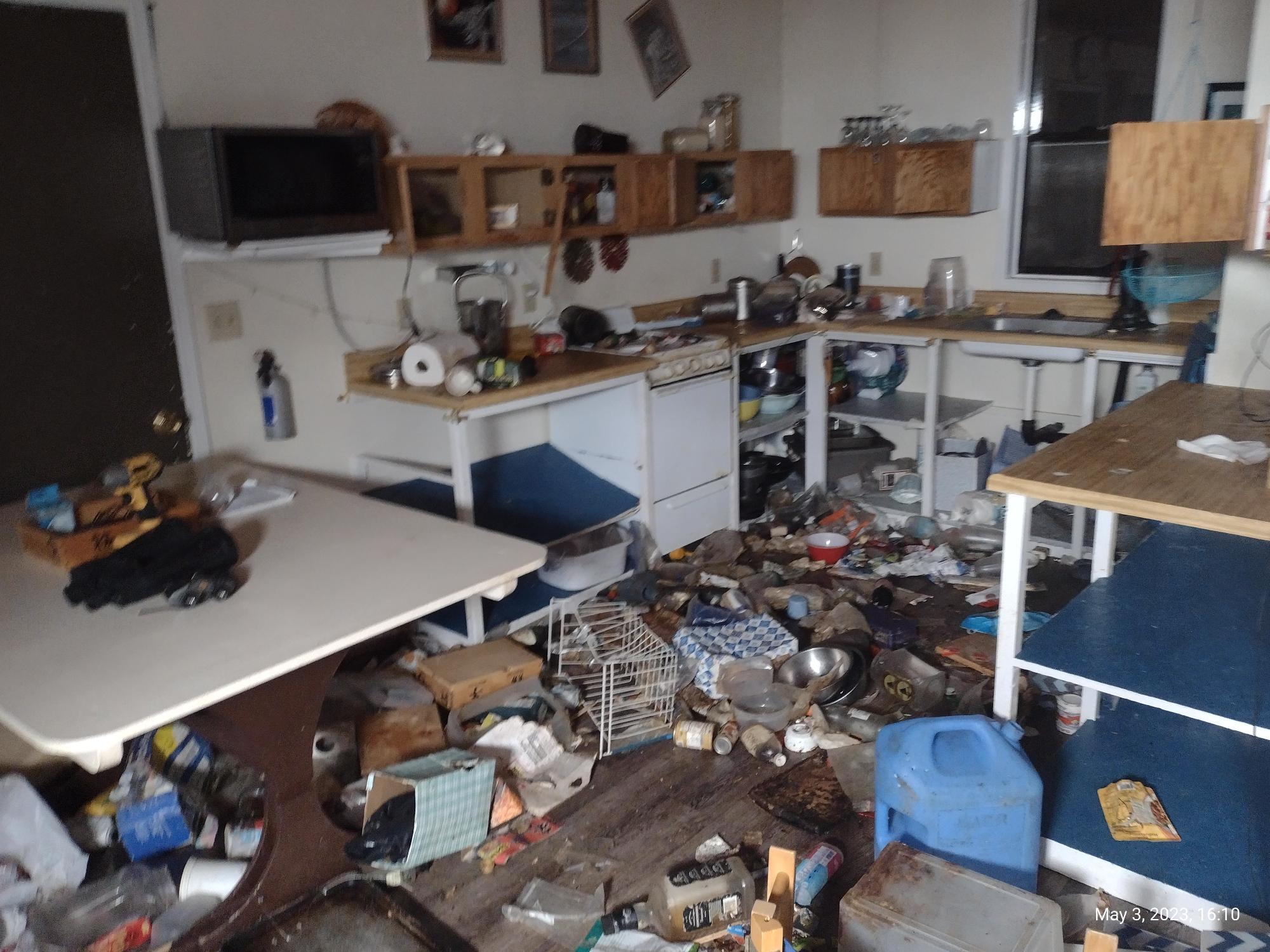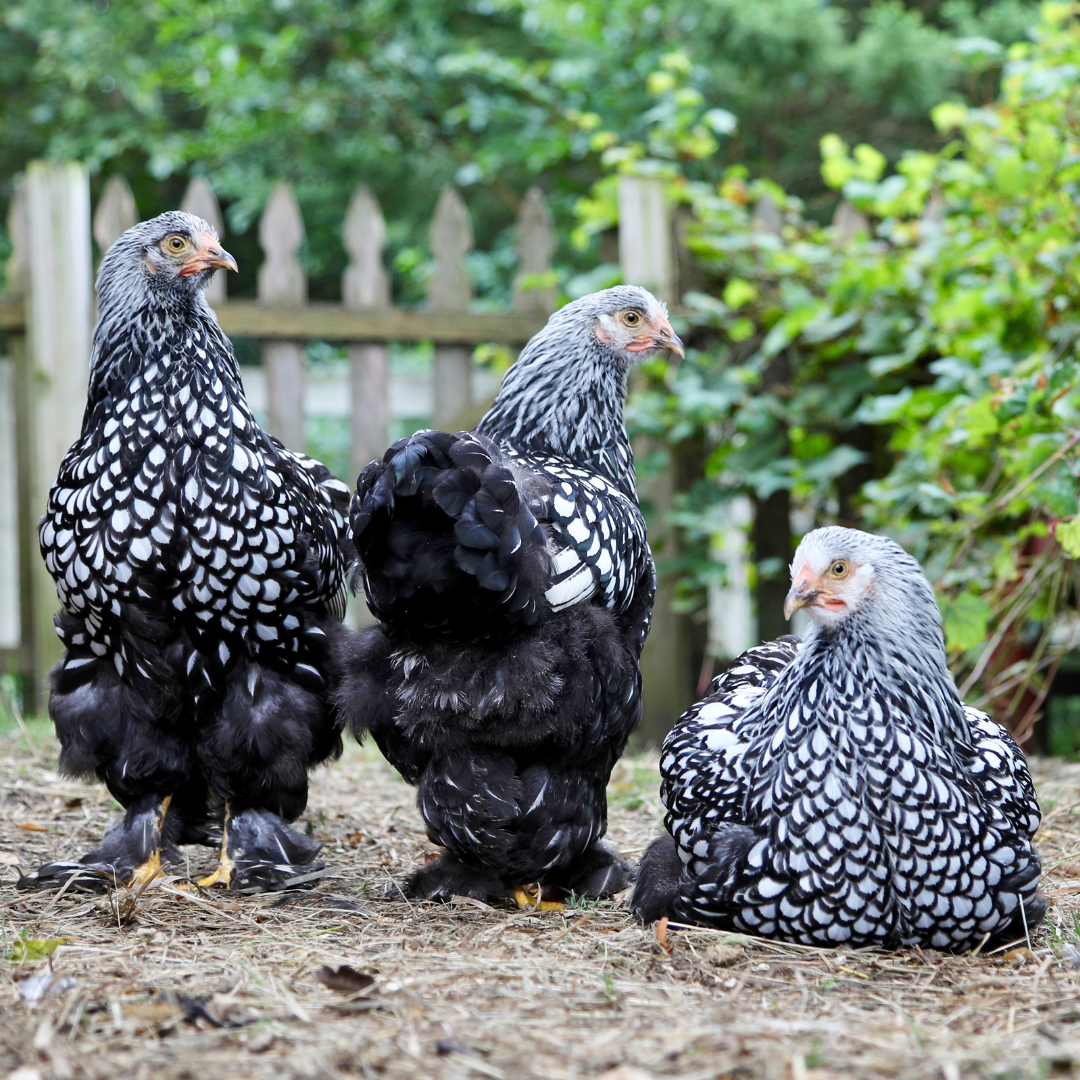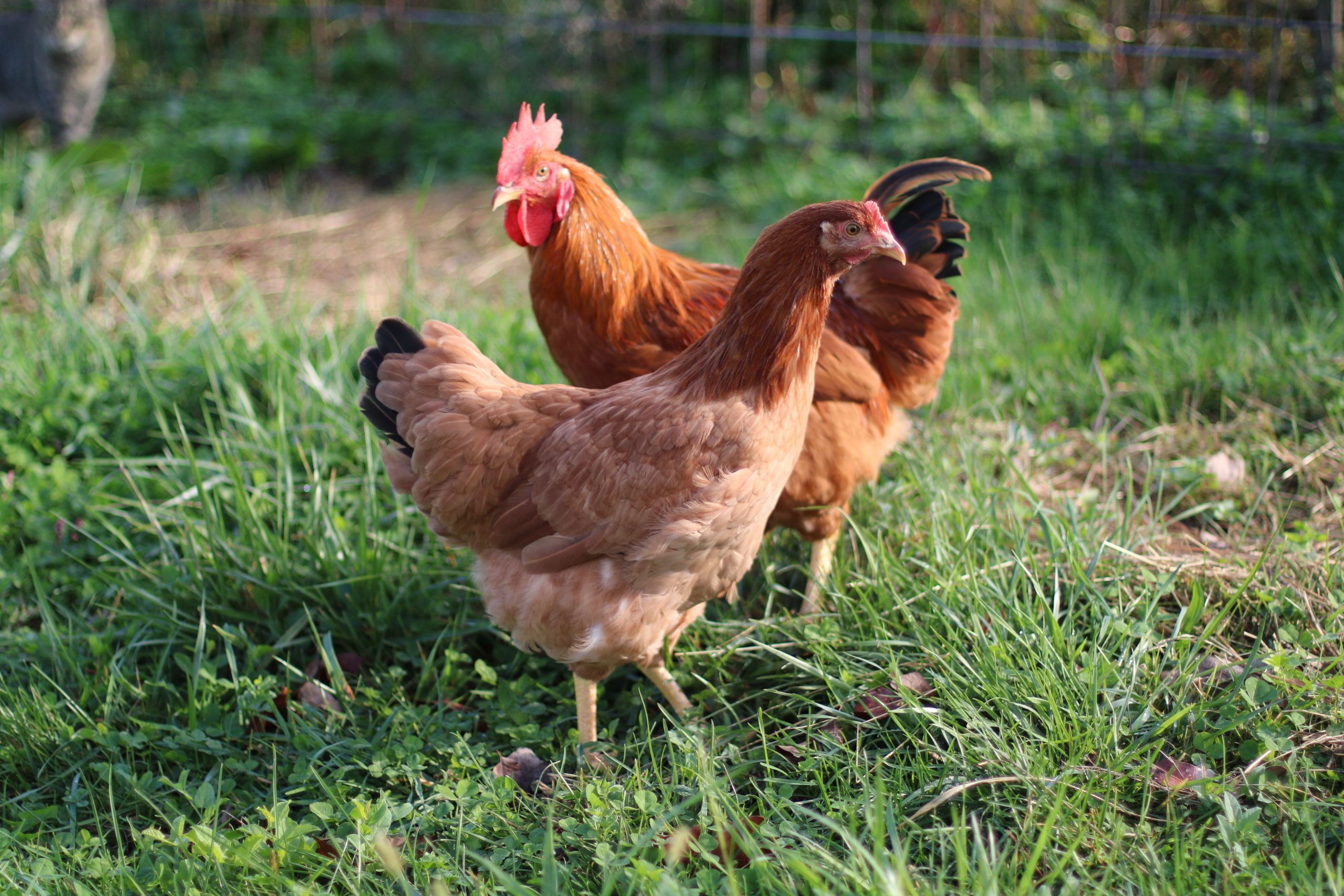Imagine a 36-foot-long duck billed dinosaur with a bright comb on its head strutting around the yard Those enormous beasts roamed North America between 65 and 75 million years ago and shared a feature with modern chickens Both sported fleshy combs!
“No one ever suspected dinosaurs may have combs like roosters because the evidence of soft tissue usually decays before fossilization,” said Dr Phil Bell of Australia’s University of New England Fortunately, skin impressions found on a dinosaur skull in Alberta, Canada, revealed that this huge animal did have a fleshy comb somewhat like a chickens Other dinosaur species may

